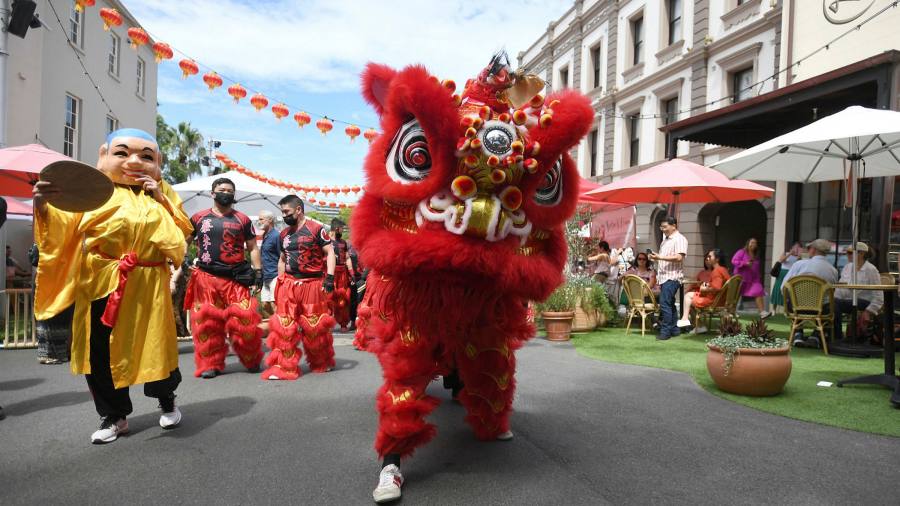[ad_1]
More than three-quarters of Chinese-Australians said the country is a good place to live, but just 36 per cent agree that “democracy is preferable to any other form of governmentâ€.
The Lowy Institute think-tank also found that almost a third of Chinese-Australians said they have been verbally abused and 18 per cent reported being physically attacked or threatened because of their ethnicity over the past 12 months.
The Covid-19 pandemic and the sharp deterioration in Australia’s relations with China were cited by more than half of respondents as contributing factors to such discriminatory treatment.
The findings are contained in “Being Chinese in Australia: public opinion in Chinese communitiesâ€, which is based on one of the largest surveys of Chinese-Australians. It depicts a diverse range of views within the 1.2m people living in Australia of Chinese heritage, almost half of whom have migrated to the country over the past decade.
Support for democracy is significantly weaker than among the general Australian population with just over a third of Chinese-Australians saying “democracy is preferable to any other form of governmentâ€, compared with 71 per cent of the broader Australian population. Four in 10 Chinese said that in some circumstances a non-democratic government could be preferable.

The Lowy Institute said the findings aligned with academic research that indicated that migrants leaving authoritarian regimes to settle in a stable democracy “do not see democracy as the only game in townâ€.
The disparate handling of Covid-19 has also sparked a global debate about the role of political systems in responding to crises, particularly given the relative success of China compared with the US, it said.
Recent Chinese migrants to Australia tend to be more favourable to China’s system of government, compared with permanent residents and Chinese-Australians with citizenship.
Research was conducted in November against the backdrop of the worst breakdown in bilateral relations in a generation after Canberra’s call for an inquiry into the origins of the Covid-19 outbreak in Wuhan.
It followed an intense debate about foreign interference in Australia, which has been directed mainly at stymying Beijing’s efforts to influence Australian politics and society through the Chinese diaspora.
The survey found that the Chinese-Australian community were deeply divided on the issue with 46 per cent saying they were concerned about China’s influence in Australia’s political process. Slightly less than half of respondents said the media and politicians gave foreign interference “too much attention†while 39 per cent felt the public paid “too little attention†to foreign interference.
The vast majority of Chinese-Australians said they had almost no contact with the local Chinese embassy or consulate and three-quarters reported limited contact with Chinese community organisations.
The government-funded survey is based on 1,040 interviews with Australian residents who self-identify as being of Chinese heritage. A nationally representative survey of 3,029 Australian adults was also conducted in parallel to provide comparative data.
[ad_2]
Source link






